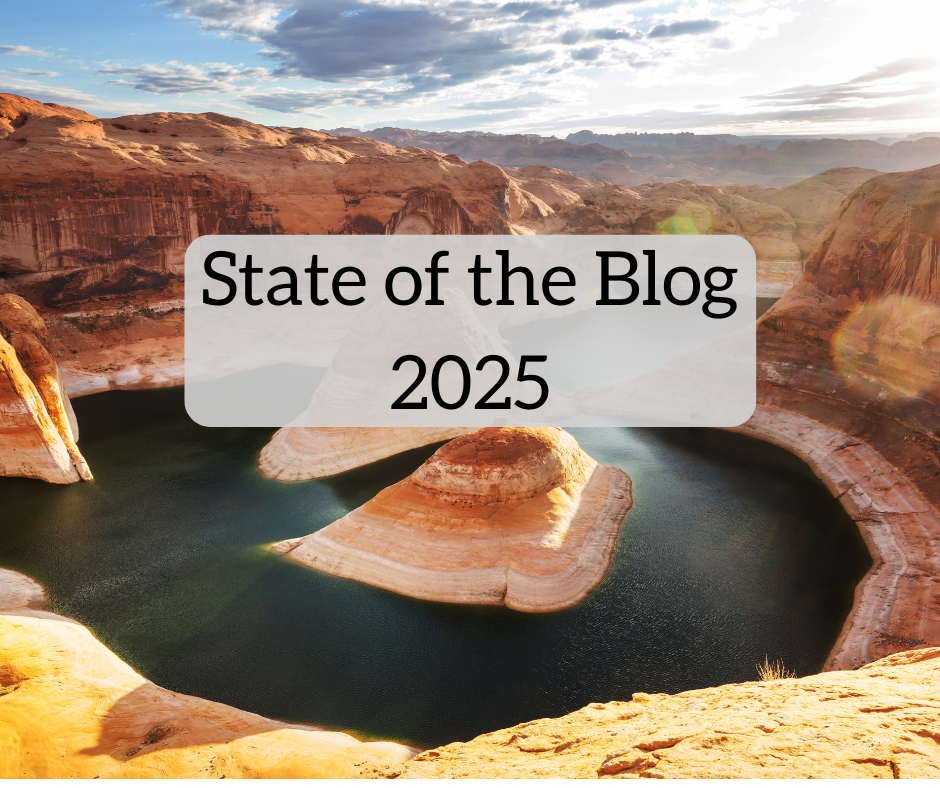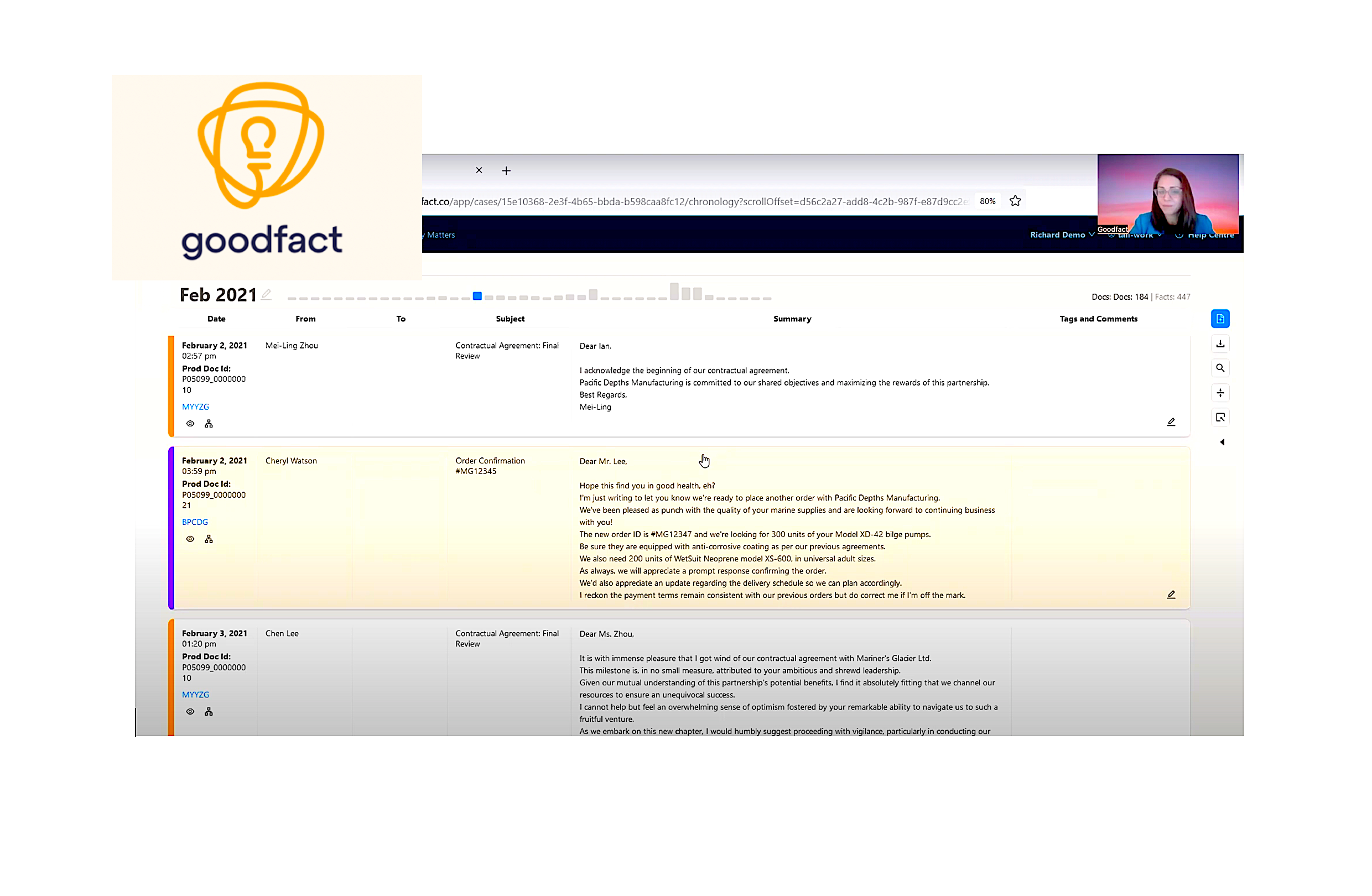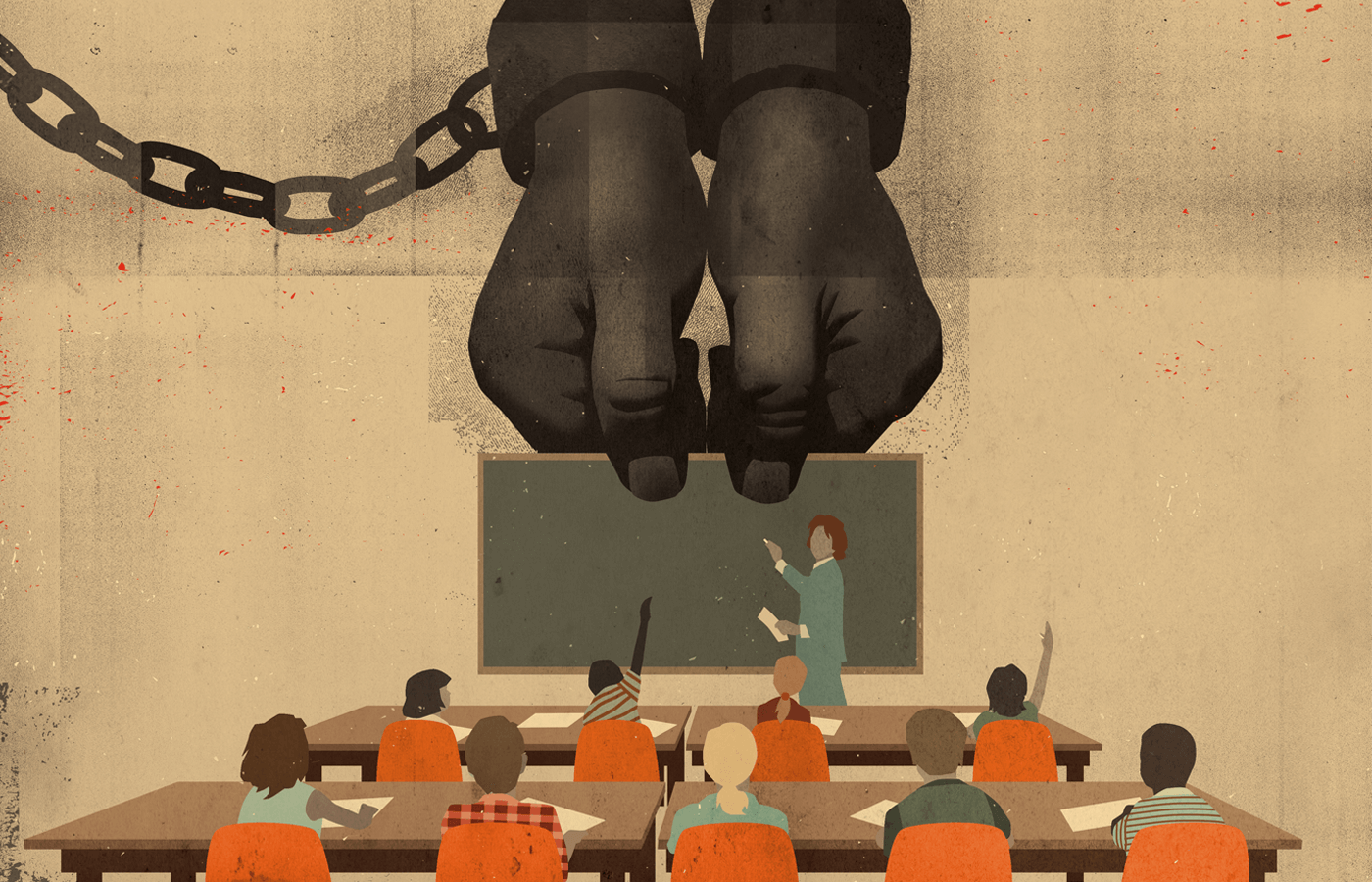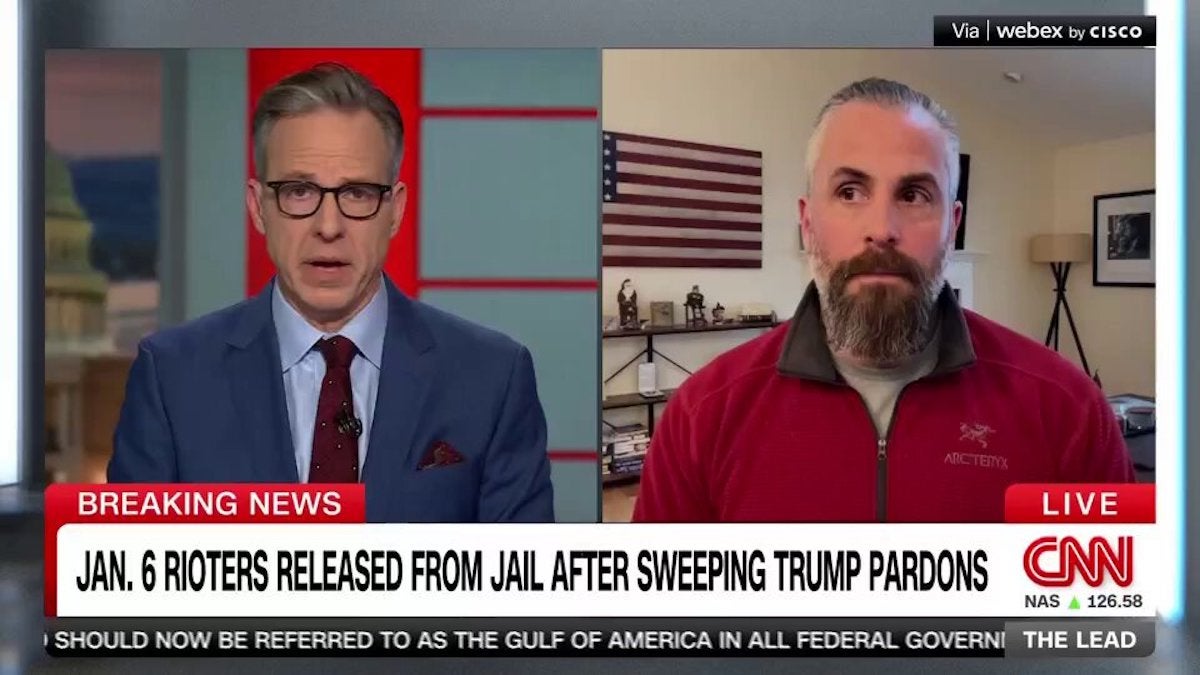Union leaders say Trump requiring federal employees to return to the office is a bad idea
Leaders of unions that represent federal workers said Trump's RTO mandate would not make the government more efficient and could deter top talent.
Anna Moneymaker/Getty Images
- Trump signed an executive order requiring federal government employees to return to the office.
- Union leaders opposed the mandate and said it was based on misconceptions about federal workers.
- They also said telework was crucial for recruiting talent and emergency preparedness.
Leaders of unions representing federal government employees say President Donald Trump's return-to-office mandate won't make the government more efficient — and could have some unintended consequences.
Randy Erwin, national president of the National Federation of Federal Employees, or NFFE, and Everett Kelley, national president of the American Federation of Government Employees, or AFGE, said the RTO mandate would make the government less effective.
"They're trying to score political points by insinuating that people on telework aren't coming to work when nothing could be further from the truth," Erwin told Business Insider in an interview.
If not for telework and other family-friendly work methods, the federal government "would not be able to recruit and retain the talent that it needs," Erwin said. The NFFE is the oldest union in the US and represents more than 110,000 federal workers.
"When you can't make anywhere near what you could be making in the private sector, some family, flexible work policies become a very, very important thing," he said, adding that some current federal workers may also choose to leave.
Kelley, who leads AFGE, the largest federal employee union representing 800,000 members, also said telework was important to attracting and retaining top talent within the federal government.
"Providing eligible employees with the opportunity to work hybrid schedules is a key tool for recruiting and retaining workers in both the public and private sectors," Kelley said in a statement.
Erwin told BI the mandate suggested a lack of understanding about how the federal government works and that "there's this myth that federal workers aren't coming to work."
An August report from the Office of Management and Budget found that about 10% of civilian workers across two dozen agencies worked remotely without expectations that they would regularly work in the office.
Erwin said comments from the Trump administration, including Elon Musk, who is leading the Department of Government Efficiency, or DOGE, have misrepresented the federal workforce.
"I don't think he knows the first thing about the federal workforce, who they are, where they are, and the valuable services that they provide," he said of Musk, adding, "They're making everybody sound like some innovation-blocking bureaucrat."
Erwin said most federal employees are not based in Washington, DC, and are nationwide. Less than a fifth of the federal workforce in the Office of Personnel Management database lives in DC or the nearby states of Maryland and Virginia, a recent Pew analysis found.
Kelley also said lawmakers and Trump's transition team "spent months exaggerating the number of federal employees who telework and accusing those who do of failing to perform the duties of their jobs."
"The truth is that less than half of all federal jobs are eligible for telework, and the workers who are eligible to telework still spend most of their work hours at their regular duty stations," he added.
Both Erwin and Kelley said telework was also essential to ensuring the federal government's continued smooth operation in a state of emergency.
Erwin said that after September 11, the ability to telework was considered essential for the federal government, adding, "It is only very recently that telework has been frowned upon in the federal government." He said the COVID-19 pandemic showed how the ability to telework enabled the government to continue operating relatively smoothly.
Kelley said remote work has been "a critical tool for federal agencies to maintain continuity of operations in emergencies, increase disaster preparedness, and improve efficiency."
He also said hybrid work has been so successful that many agencies have consolidated or sold off office space that's expensive to maintain, "meaning there may no longer be enough office space to accommodate an influx of on-site workers."
Some federal employees who are union members have collective bargaining agreements that explicitly allow for remote or hybrid work. Erwin said an executive order would not override those agreements, at least for as long as they are active.
Erwin said the return-to-office mandate showed the "problem with governing by completely political, manufactured talking points."
"They're going to force people back into the office, and it's not going to make people more productive for the American taxpayer," he said.
The White House did not immediately respond to a request for comment from Business Insider.
What's Your Reaction?

















































































